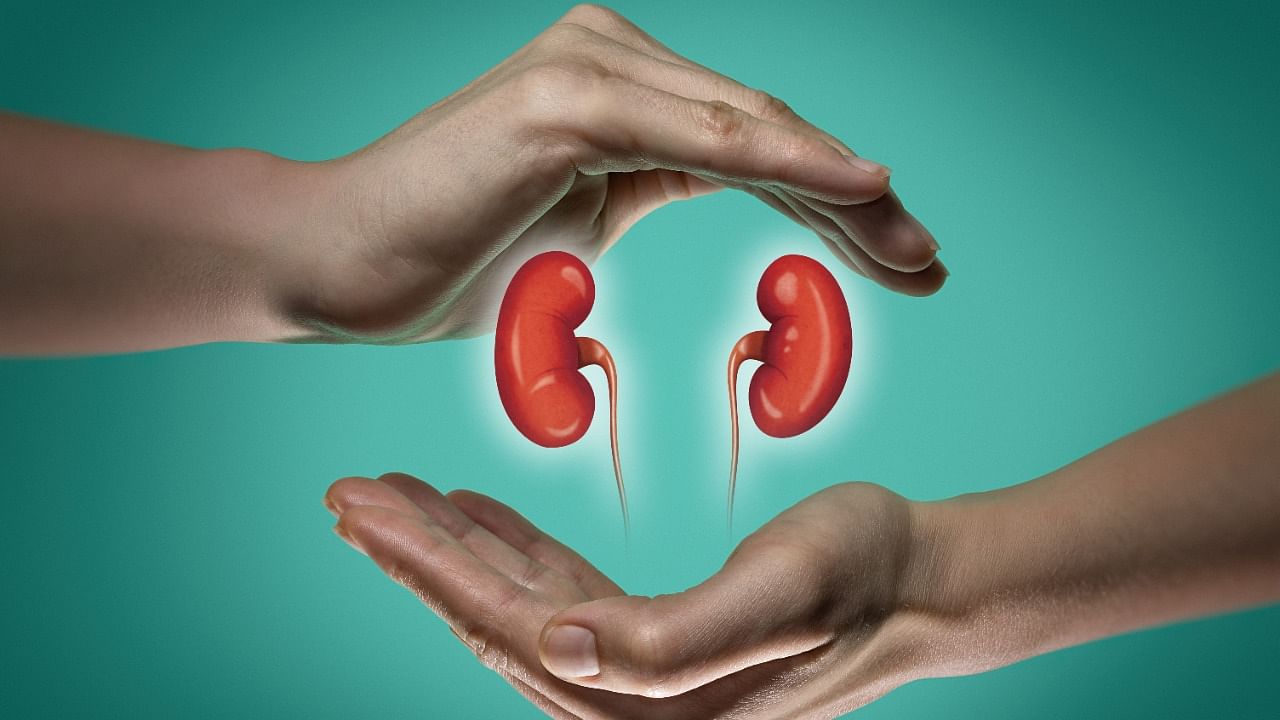
Chronic Kidney Disease (CKD) is one of the major non-communicable diseases in India. According to reports, 1 in every 10 adults gets affected by CKD. About 90% of people do not know about CKD despite such high prevalence rates. Leave alone CKD, many patients are not even aware of where the kidneys are located or what functions they hold!
Another alarming fact is that deaths caused by CKD have increased by 30% in the last few decades alone. Several factors contribute to this rise. Under-diagnosis of kidney issues and detection of the disease after it has reached an advanced stage also leaves susceptible patients at a dire risk of suffering various potentially fatal conditions -- cardiovascular related episodes such as heart failure, heart attack, and stroke. If not fatal, patients suffer poor or declining quality of life, and the risk of suffering from possible kidney failure are high. Ultimately, death due to kidney failure cannot be ruled out. Lack of awareness about issues related to kidney, lack of awareness of symptoms together with insufficient knowledge about early screenings are the biggest challenges that have contributed to the spike in kidney diseases.
To alter this reality for the better, we need to increase awareness and improve the quality of CKD screening. Government and private initiatives must strive for innovative and improved ways of connecting with patients and their family members. Some of the measures that can help are provision of incentives so that people take kidney screening and diagnosis more seriously, increased access to medicine, advanced but accessible technology and modern, scientifically established therapies. The focus must be on primary and secondary prevention.
This gap in knowledge exists among several stakeholders of the field -- starting from patents, to their care-givers, and those governing policy and healthcare initiatives within the health sector.
In order to address this gap, the theme for this year as decided on World Kidney Day in March is ‘Bridge the Knowledge Gap to Better Kidney Care’.
It is important that we look to improve the health literacy of people with respect to kidney disease in India. (Health literacy can be defined as the extent to which a society has the capability to source, understand and apply information and amenities to make properly informed health related choices for themselves and for others.)
It is important to spread awareness, motivate people to adopt healthy practices, educate them on the need to control their diet and lifestyle to preserve the health of their kidney and prevent kidney disease. Patients already diagnosed with a kidney disease, must be encouraged to work towards extending their health and enhancing kidney function through diet and medication. They must be encouraged to be health ambassadors to create awareness about the role and significance of our kidneys. Also important are mass campaigns to to encourage people to exercise, eliminate, or at least control, consumption of tobacco and alcohol.
It is imperative for wellbeing in general and kidney health in particular, to ensure access to clean water for all.
As an extension of this, awareness about climate change and its effect on our health cannot be over-emphasised.
We must empower kidney patients with knowledge by furthering research, and provide practical education for care-givers as well as society at large on how to support kidney patients. These measures taken with consistency will enable them to achieve positive health outcomes.
Every patient and his/her family must have access to accurate health information pertaining to their disease and concurrently, healthcare providers and patient-centric organisations should actively work towards improving CKD awareness and improving health literacy.
The first line of care through primary care workers must be enhanced by improving identification and management of kidney diseases, right from prevention and early detection, to knowing the right kind of referral and management systems during secondary, tertiary and end-stage care. Simultaneously, CKD and prevention of kidney failure must be incorporated into national health awareness programmes.
A comprehensive and integrated healthcare services will play a key role in the early identification and mapping of kidney care across the nation.
Policy makers and influencers also need to be educated and equipped with knowledge needed to make appropriate policies to safegaurd health for all.
(The writer is a nephrologist and consults at a Bengaluru-based hospital)